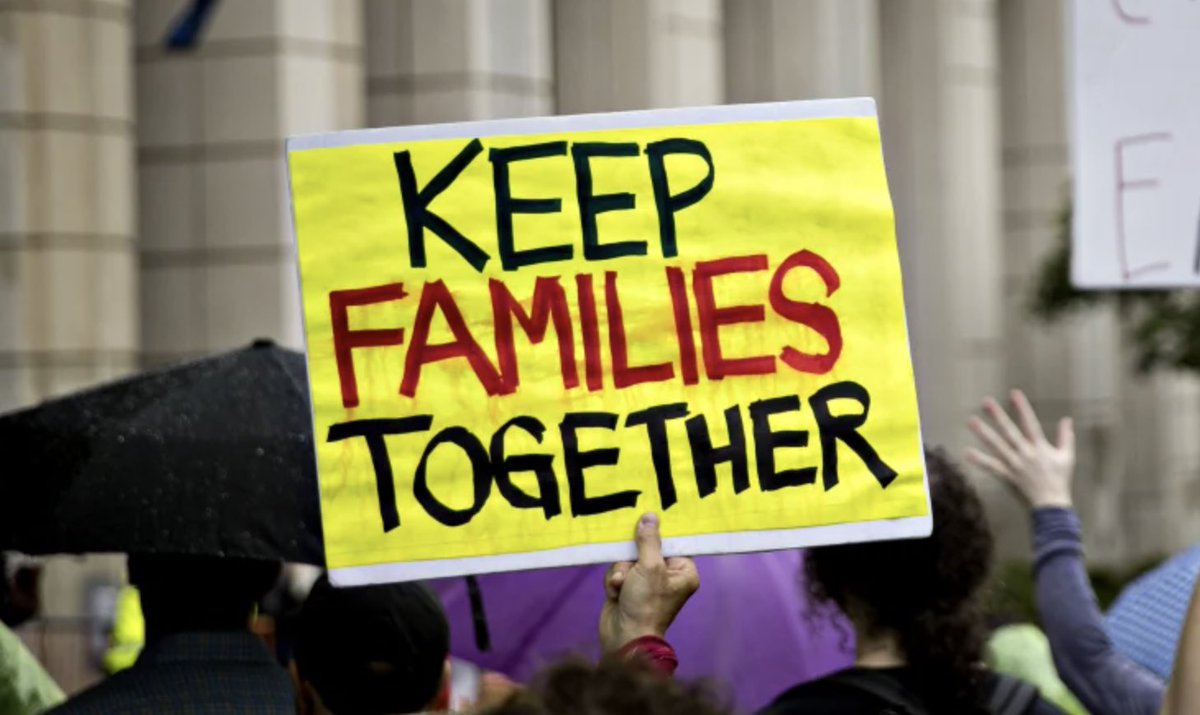1/Loper Bright v. Raimondo, handed down on Friday by SCOTUS, will have a direct impact on all of our lives. It will upend agency regulations that are used to implement federal law. That sounds dry and far away from our daily lives. But it’s not. 

2/The "administrative state" has operated since the Chevron decision in 1984 on the basic premise that Congress passes laws and agencies issue regulations that implement them. What happened when a regulated entity didn’t like an agency’s decision? They could sue.
3/The longstanding Chevron deference doctrine required courts to defer to agency action when the law was ambiguous and the agency’s view was reasonable. That came to an end on Friday, when Chief Justice Roberts wrote for the majority in no uncertain terms, “Chevron is overruled.”
4/Now, it’s up to the courts. The abortion drug mifepristone? Despite studies confirming the drug is safer than Viagra, that decision is up to Judge Kacsmaryk in Amarillo, Texas. If he decides the FDA was wrong to approve it, he can deny women access to medication abortion. 

5/It’s no secret that part of the conservative agenda that led groups like the Federalist Society to back Trump was the hope of putting judges on the Court who would reverse Chevron, just like they did with Roe. Ending the power of agencies is also a key part of Project 2025.
6/Cases like Loper Bright dramatically reshape the balance of power between the branches of government, knocking the checks & balances envisioned by the Founding Fathers off kilter. This case exemplifies the reasons we say the Court is on the ballot-the president appoint judges.
7/For more about the case, which used a small herring fishing company to win a victory for big business & how it impacts our daily lives, read here: open.substack.com/pub/joycevance…


• • •
Missing some Tweet in this thread? You can try to
force a refresh










